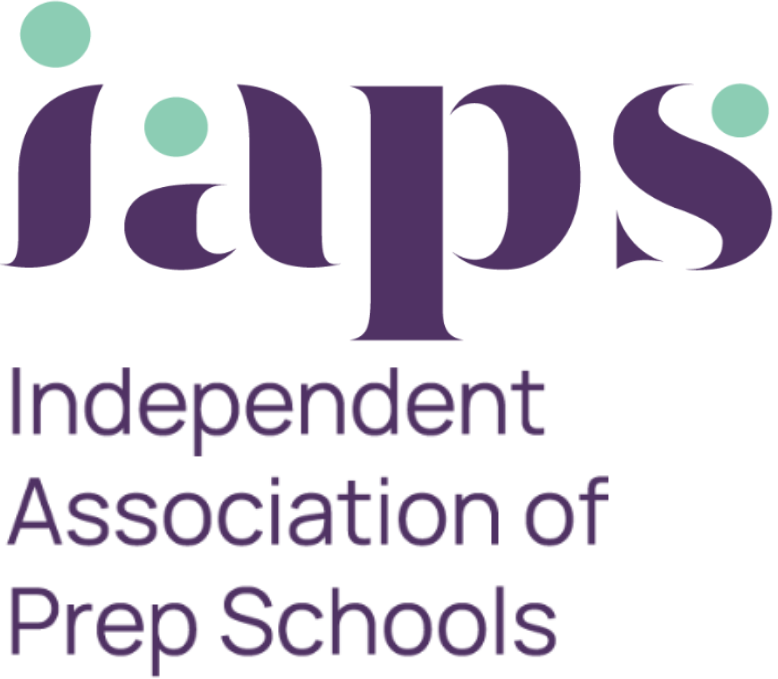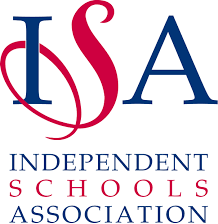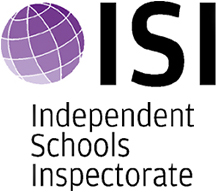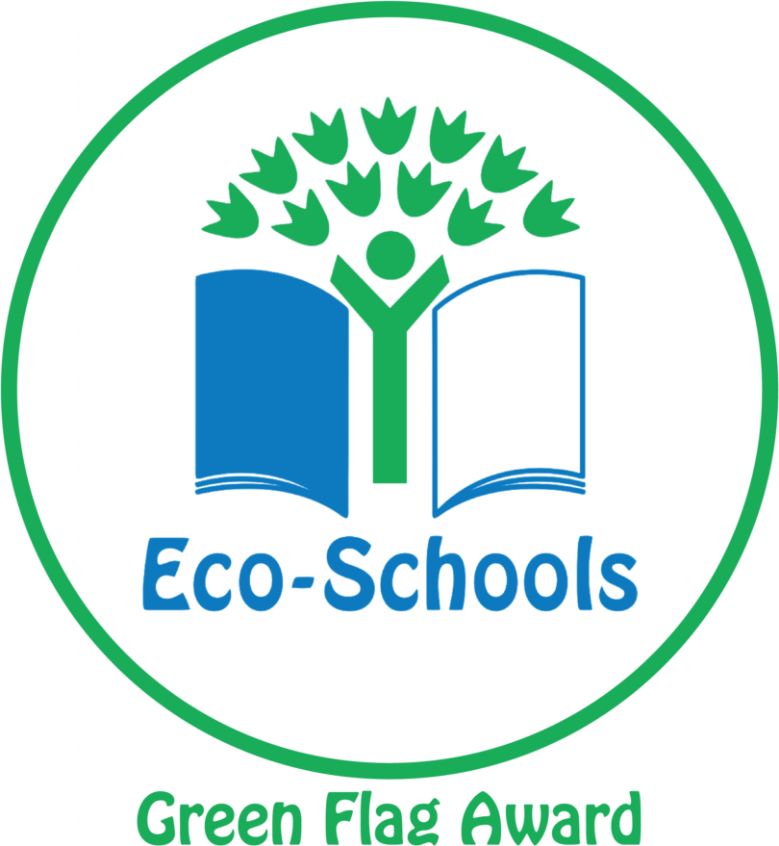The Happy Learner
Happy children learn. Our curriculum and approach in the Pre-Prep is inspirational, wide-ranging and fun. It includes lots of physical activity and play, underpinned by a clear educational purpose.
Children are naturally curious and love to laugh, play and investigate. We encourage their natural vitality and interest by providing a rich variety of experiences and activities.
Children join our Pre-Prep at the age of 2 and gradually develop their independence, confidence and thinking skills through play and practical hands-on activities as they move through the classes to Reception.
Our experienced staff also understand the importance of giving each child the care, attention and security they need as they explore and adjust to a new environment away from their parents and home.
In the Pre-Prep, we seek to achieve:
- Happy children, happy parents and happy staff.
- Children who have the confidence to approach any new task or situation with a can-do approach. We build this through knowing the children really well so we can give them achievable tasks that provide the right amount of challenge.
- Children who are willing to have a go because they know it doesn't matter if they make a mistake - in fact it is the best way to learn.
- Children who are independent.
- Children who know right from wrong and choose to do the right thing.
- Children who are ready to move into the Main School and who know how to think for themselves. The thinking skills we encourage in the Pre-Prep prompt children to answer questions with questions and see solutions to problems in everyday situations.
I have been blown away by the care and attention my son has received throughout his time in the Pre-Prep. He is always so happy and has learnt so much.
Russell House Parent
Pre-Prep Curriculum
The curriculum in the Pre-Prep is based on seven areas of learning and development. It is delivered through purposeful play and a rich variety of activities led by teachers and by the children themselves. Teacher-led activities ensure children are fully prepared to transfer into our main school.
Personal Social and Emotional Development
The children are provided with experiences and support to help them develop a positive sense of themselves and of others, social skills, respect for others and a positive disposition to learn.
Communication and Language
Children are given every opportunity to engage in conversations with adults and those around them. This is achieved through play, games, books, songs, music and everyday situations, all within an environment rich in spoken communication.
Physical Development
Physical development enhances the children’s self-esteem and makes them aware of the benefits of being active and healthy. They have opportunities inside and outside to be active, making use of the natural environment as well as being guided in the use of equipment which encourages development of their motor skills.
Literacy
The children receive phonics teaching as we help them to link sounds and letters in order to begin to read and write with support. They also experience a rich variety of story, poetry and non-fiction books, in the classroom and the library.
Mathematics
Children’s understanding of numbers, calculating skills, working with shapes, space, and measure is developed. They are encouraged to make connections and develop mathematical strategies to solve practical problems within a broad range of contexts.
Understanding the World
Through exploration, investigation, practical activities, building on their own experiences and being encouraged to encounter new experiences, children gain understanding of their environment and the people within it. This area of learning provides the foundation for science, technology, geography and history, whilst increasing greater understanding of other cultures.
Expressive Arts and Design
The children express and communicate their ideas through art, design and technology, music, dance, drama, role play and imaginative activities. Their natural curiosity is supported and developed through being encouraged to explore and play.





